NSA chief openly accuses 'nation state' of using WikiLeaks to tip presidential election

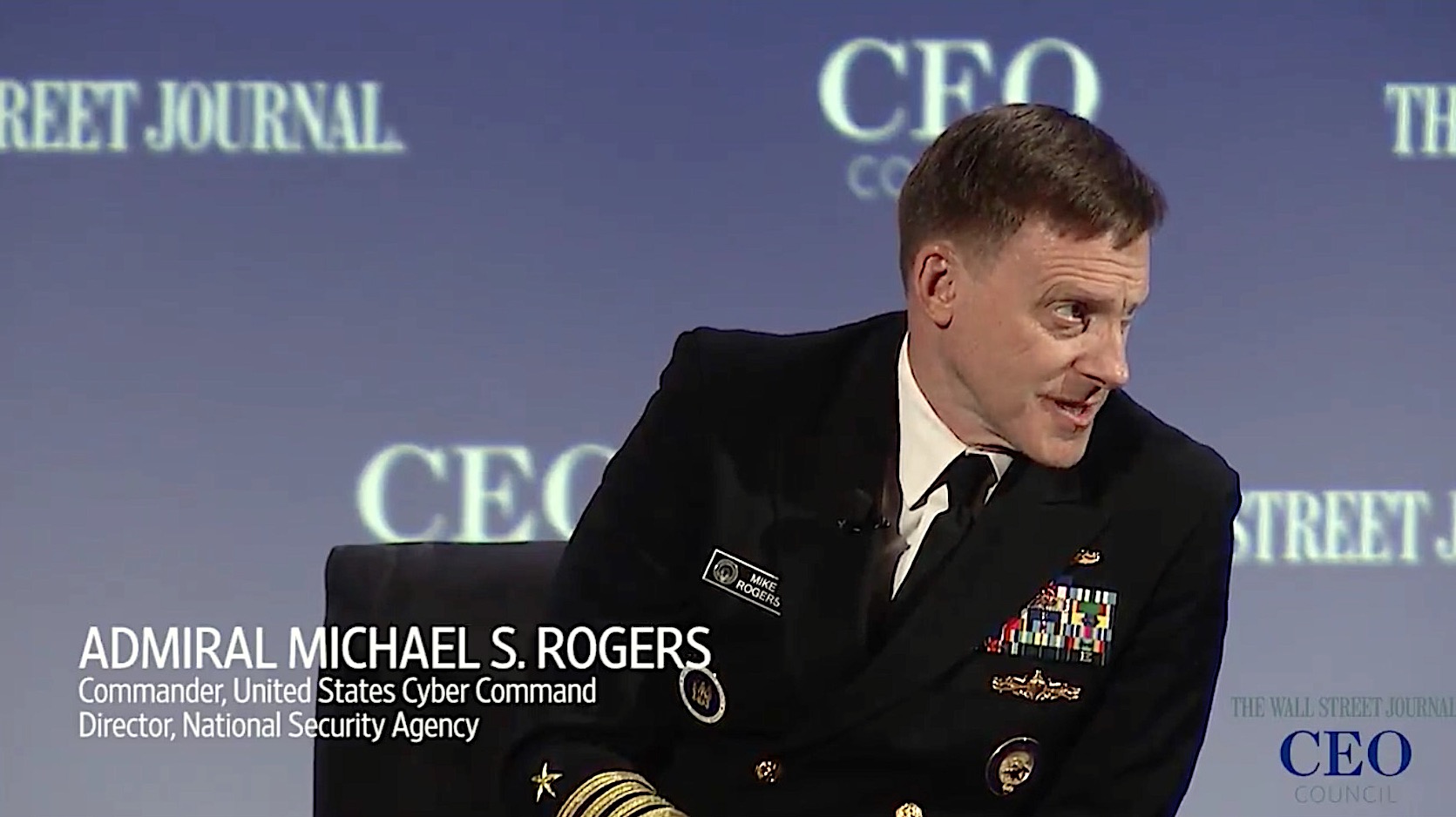
A free daily email with the biggest news stories of the day – and the best features from TheWeek.com
You are now subscribed
Your newsletter sign-up was successful
Adm. Michael Rogers, head of the National Security Agency and the U.S. Cyber Command, spoke at a Wall Street Journal forum on Tuesday, and much of the focus of his discussion with WSJ Deputy Editor-in-Chief Rebecca Blumenstein was about joining government and business to fight the scourge of cyber crime. The number of hackers is "so large and diverse" that it's difficult to identify the perpetrators, he said, but roughly two-thirds of them are criminals looking to earn money from stealing personal information, and the remaining third are state-sponsored hackers.
But Blumenstein also asked Rogers about WikiLeaks, and the slow and steady leak of emails stolen from Hillary Clinton campaign chairman John Podesta's gmail account. "There shouldn't be any doubts in anybody's mind: This was not something that was done casually, this was not something that was done by chance, this was not a target that was selected purely arbitrarily," Rogers said. "This was a conscious effort by a nation state to attempt to achieve a specific effect."
The "nation state" in question is almost certainly Russia, which the U.S. intelligence community blames for the political hacking and distribution of internal Democratic emails throughout the campaign, evidently aimed at harming Clinton and by extension helping Donald Trump. James Bell, who used to work for WikiLeaks, notes just how unusual Rogers' statement is:
The Week
Escape your echo chamber. Get the facts behind the news, plus analysis from multiple perspectives.

Sign up for The Week's Free Newsletters
From our morning news briefing to a weekly Good News Newsletter, get the best of The Week delivered directly to your inbox.
From our morning news briefing to a weekly Good News Newsletter, get the best of The Week delivered directly to your inbox.
By the time WikiLeaks started dribbling out the mostly mundane Podesta emails, any mention of Clinton and emails generated unflattering headlines. Russia and WikiLeaks were not responsible for Clinton using a private server as secretary of state, of course, nor did they force FBI Director James Comey to step into the campaign 11 days before Election Day, and again nine days after that. Clinton said the second intervention, where Comey said two days before the vote that there was nothing incriminating in the emails after all, damaged her campaign more than the earlier letter to Congress.
A free daily email with the biggest news stories of the day – and the best features from TheWeek.com
Peter has worked as a news and culture writer and editor at The Week since the site's launch in 2008. He covers politics, world affairs, religion and cultural currents. His journalism career began as a copy editor at a financial newswire and has included editorial positions at The New York Times Magazine, Facts on File, and Oregon State University.
-
 Minnesota's legal system buckles under Trump's ICE surge
Minnesota's legal system buckles under Trump's ICE surgeIN THE SPOTLIGHT Mass arrests and chaotic administration have pushed Twin Cities courts to the brink as lawyers and judges alike struggle to keep pace with ICE’s activity
-
 Big-time money squabbles: the conflict over California’s proposed billionaire tax
Big-time money squabbles: the conflict over California’s proposed billionaire taxTalking Points Californians worth more than $1.1 billion would pay a one-time 5% tax
-
 ‘The West needs people’
‘The West needs people’Instant Opinion Opinion, comment and editorials of the day
-
 Trump sues IRS for $10B over tax record leaks
Trump sues IRS for $10B over tax record leaksSpeed Read The president is claiming ‘reputational and financial harm’ from leaks of his tax information between 2018 and 2020
-
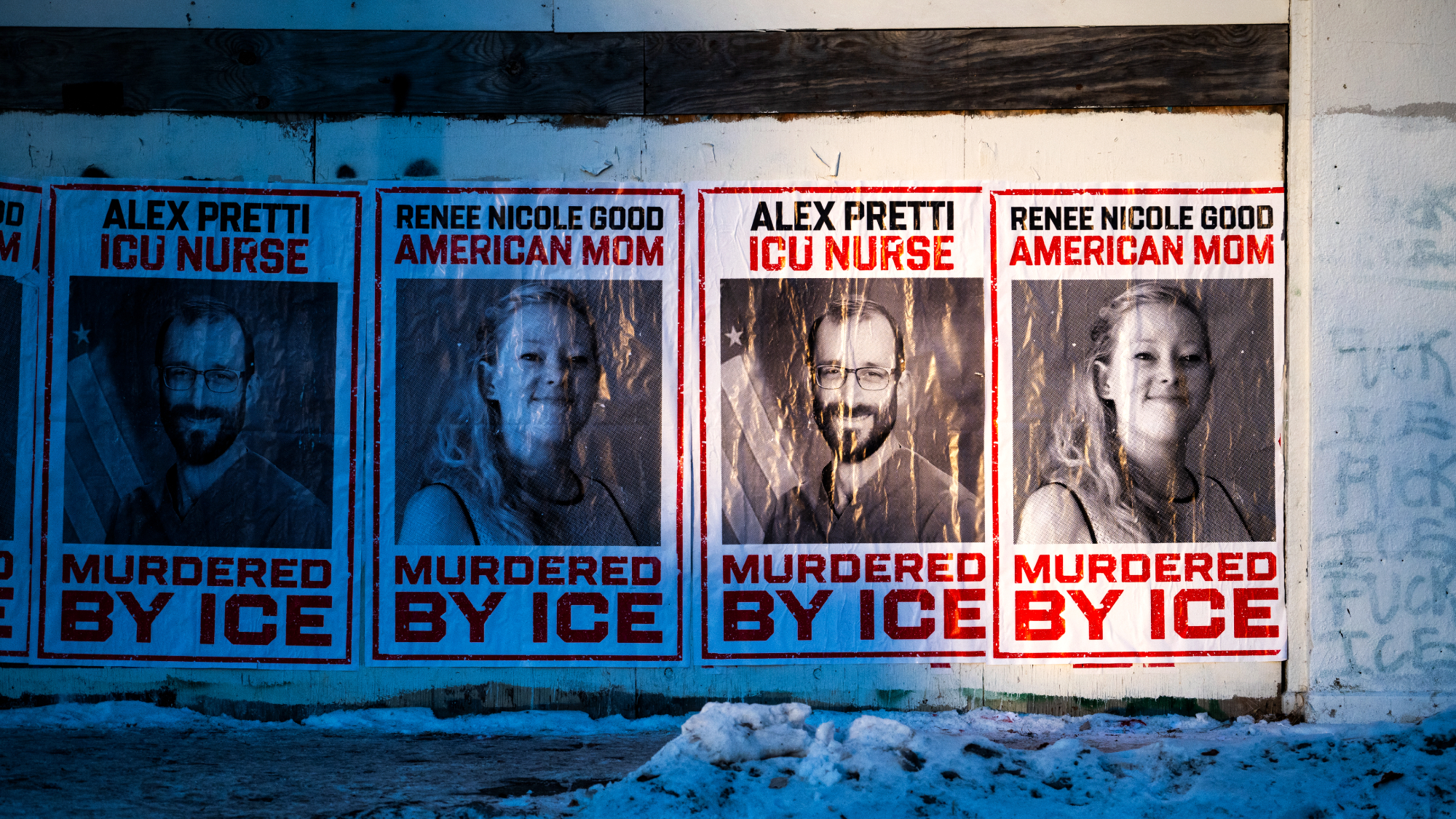 Trump, Senate Democrats reach DHS funding deal
Trump, Senate Democrats reach DHS funding dealSpeed Read The deal will fund most of the government through September and the Department of Homeland Security for two weeks
-
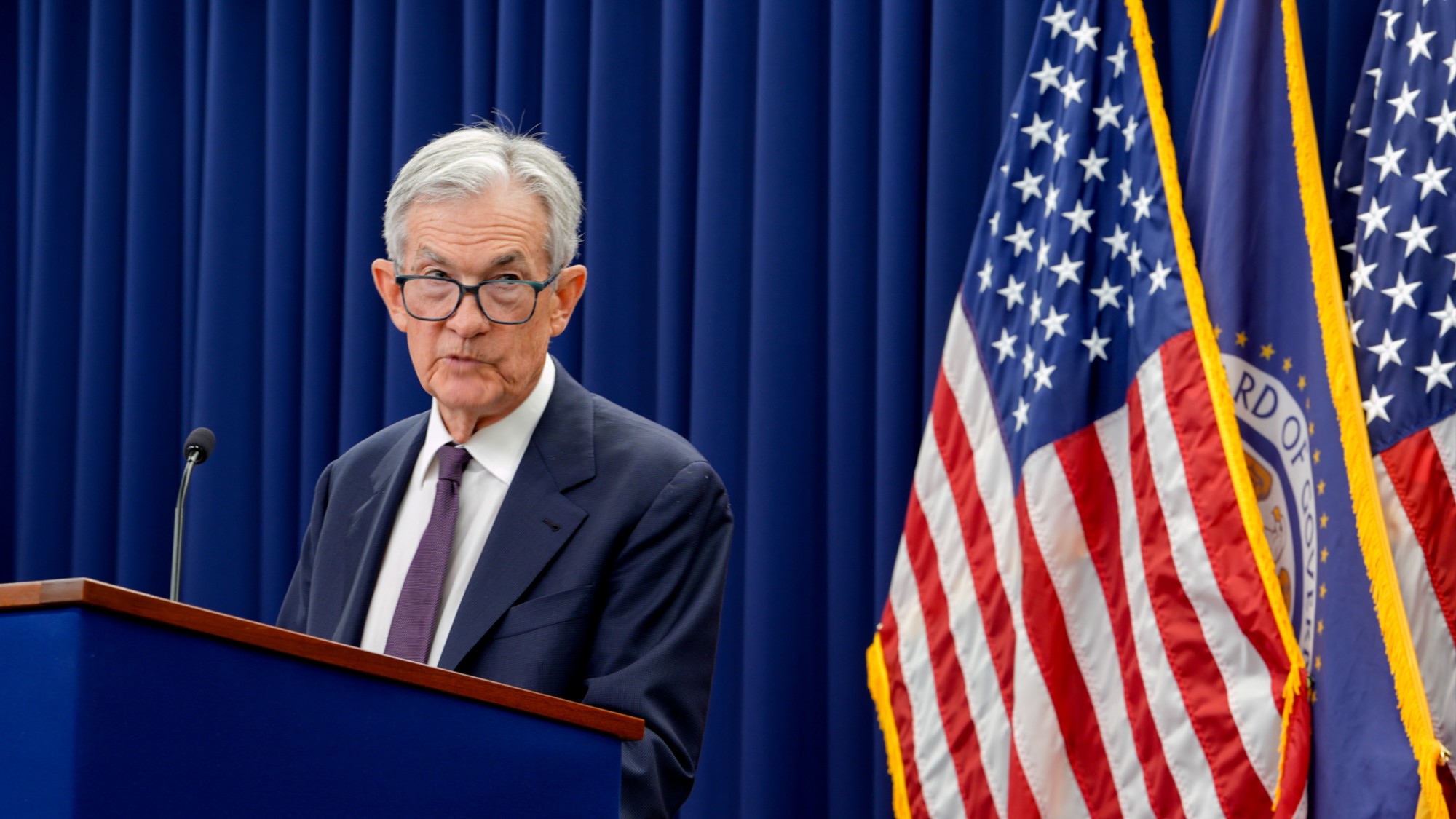 Fed holds rates steady, bucking Trump pressure
Fed holds rates steady, bucking Trump pressureSpeed Read The Federal Reserve voted to keep its benchmark interest rate unchanged
-
 Judge slams ICE violations amid growing backlash
Judge slams ICE violations amid growing backlashSpeed Read ‘ICE is not a law unto itself,’ said a federal judge after the agency violated at least 96 court orders
-
 Rep. Ilhan Omar attacked with unknown liquid
Rep. Ilhan Omar attacked with unknown liquidSpeed Read This ‘small agitator isn’t going to intimidate me from doing my work’
-
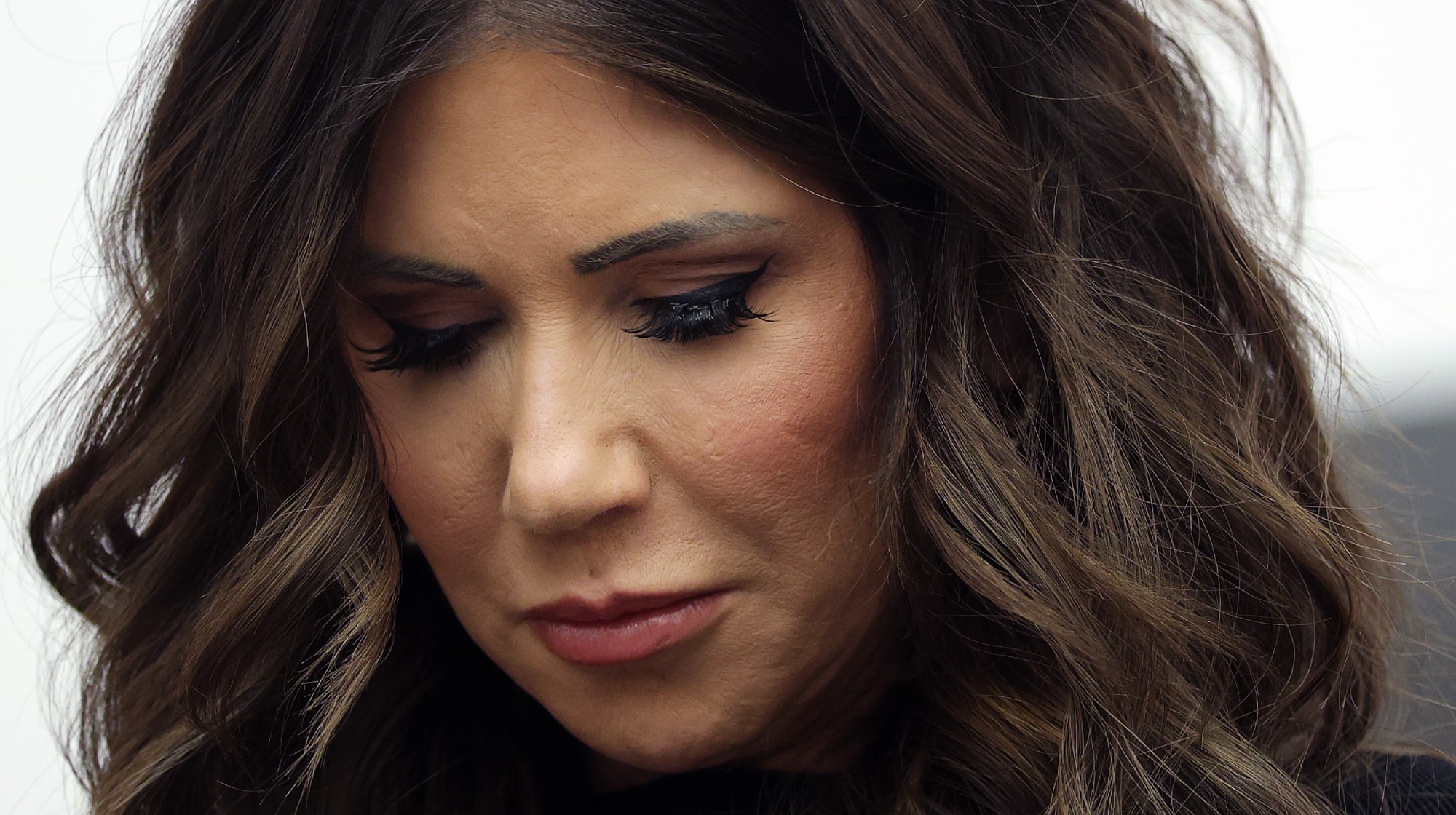 Democrats pledge Noem impeachment if not fired
Democrats pledge Noem impeachment if not firedSpeed Read Trump is publicly defending the Homeland Security secretary
-
 The billionaires’ wealth tax: a catastrophe for California?
The billionaires’ wealth tax: a catastrophe for California?Talking Point Peter Thiel and Larry Page preparing to change state residency
-
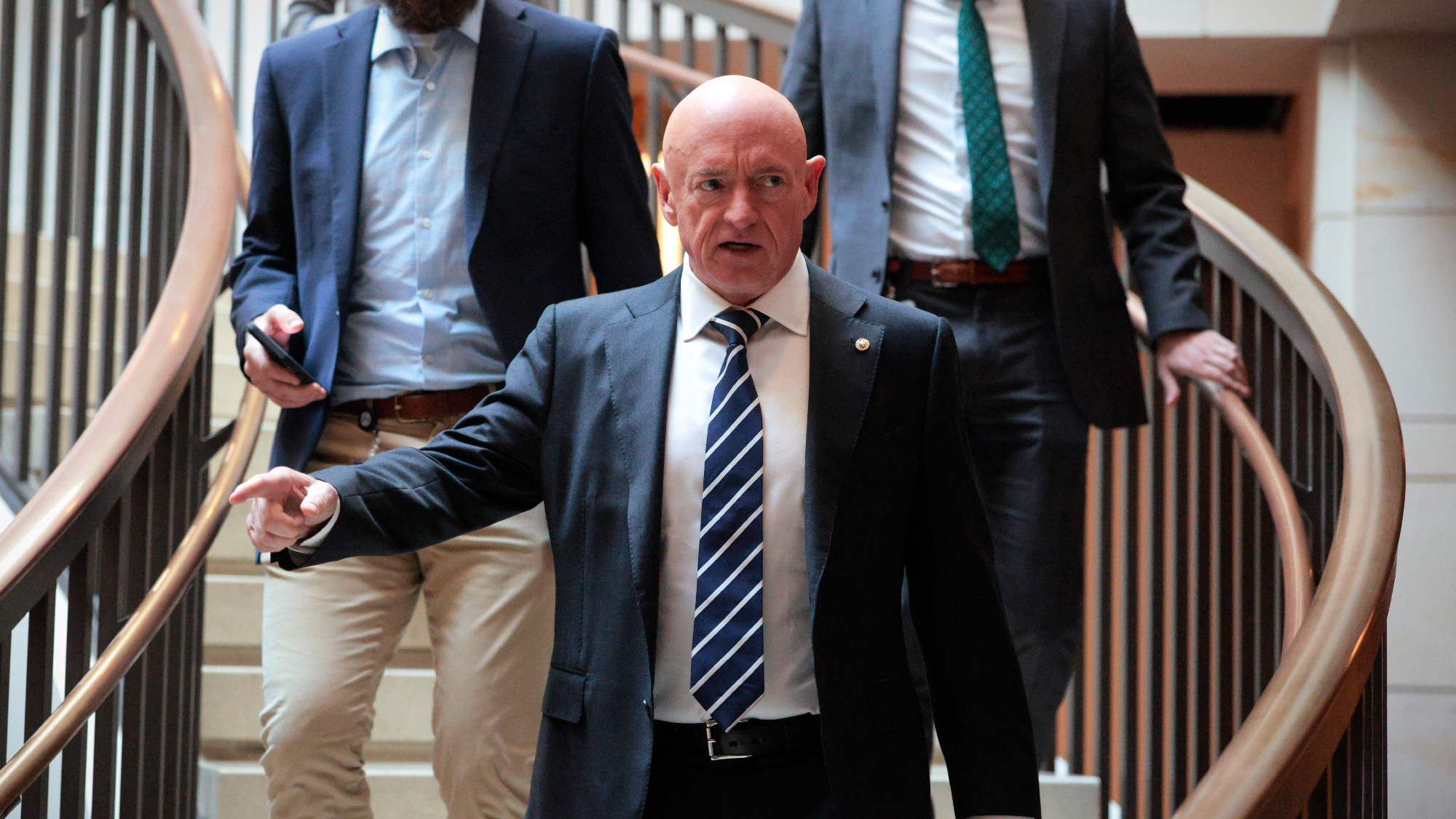 Hegseth moves to demote Sen. Kelly over video
Hegseth moves to demote Sen. Kelly over videospeed read Retired Navy fighter pilot Mark Kelly appeared in a video reminding military service members that they can ‘refuse illegal orders’
